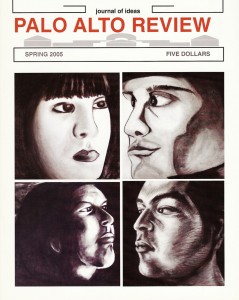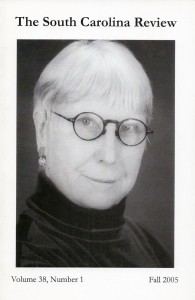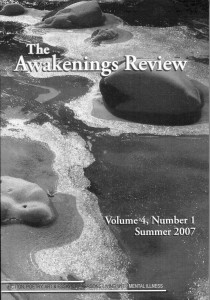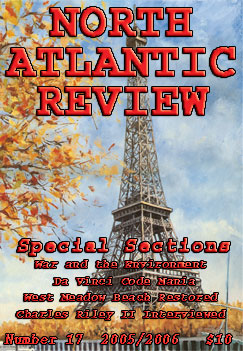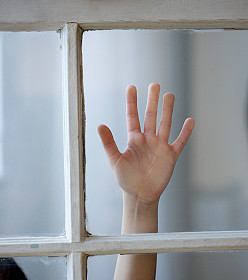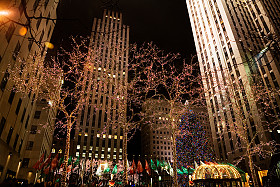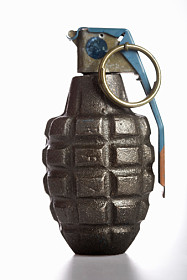
I turned onto Clamshell Road in search of number 184. My aunt and uncle had lived in this place for 20 years, but this would be my first visit. Montego Bay—Ocean City, Maryland, not Jamaica—is a community of modest modular homes, nearly all of which seemed to display American flags on that particularly hot July morning.
My aunt and uncle were fairly typical of Montego Bay’s residents, having moved there to enjoy retirement and stretch their small pensions. My aunt had been a bank teller and my uncle a mailman. She’d been robbed a bunch of times and he’d had more than his fair share of unfriendly canine encounters, but otherwise their working lives were pretty routine. They had raised two daughters about my age and lived not far from us so we saw them pretty often when I was a kid. My uncle could be a little rough at the edges but my aunt was tough enough to handle him. They were perfect for each other.
Now well into their 80’s, both of them had had a seemingly endless run of medical problems. Cancer, emphysema, heart, colon, and back operations—you could pretty much name an ailment and one of them had probably had it. That was a big part of my motivation to visit. I was at the beach with my daughter and her family, staying nearby, so I figured it’d be nice to surprise Aunt Audrey and Uncle Willie while the opportunity was there. As I pulled up to the curb at number 184, I knew that I had succeeded.
“Oh gawd, Audrey, look who’s here,” I heard my uncle say through the front screen. “Hey, Meathead!” he yelled, reviving the nickname he’d bestowed on me long before Archie Bunker had popularized the moniker.
As I recall, the origin of my less-than-flattering nickname had to do with a crabbing excursion when I was a kid. It was my Dad, Uncle Willie and I. As we pulled the bait lines up to the surface alongside the boat, I consistently failed to net the crabs. After numerous such failures, my uncle labeled me a meathead, thus clarifying my status as a first-class bungler.
As we spoke about this in my uncle’s front room that morning, he suddenly started telling a story. I was disoriented at first, like when you miss the first few minutes of a TV drama and you’re not sure what’s happening. It took me a little while to catch up. When I did, we were in New Zealand, the war was winding down, and my uncle was about to go home. His ship, a destroyer that would remain on duty in the South Pacific, had dropped him and several other homeward-bound servicemen in New Zealand. From there, they would crew their way home on merchant marine vessels as space allowed.
“We had to wait a couple weeks in Auckland,” my uncle was saying, “and when it was finally our turn, boy, were we ready! We were only a few hours out when it happened. Torpedo tore through the hull like it was made out of cardboard. Next thing I knew, I was in the water.” »Read More
